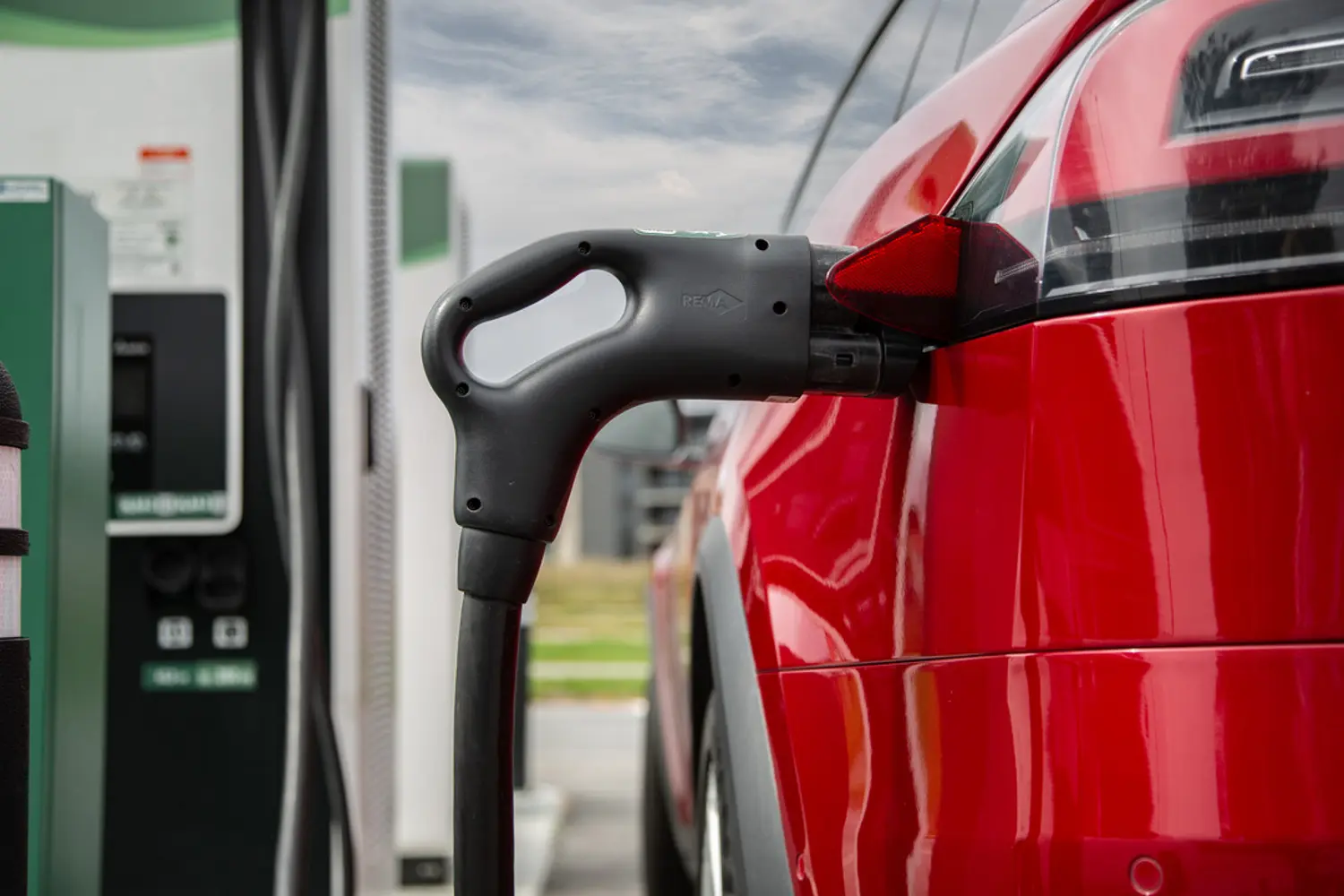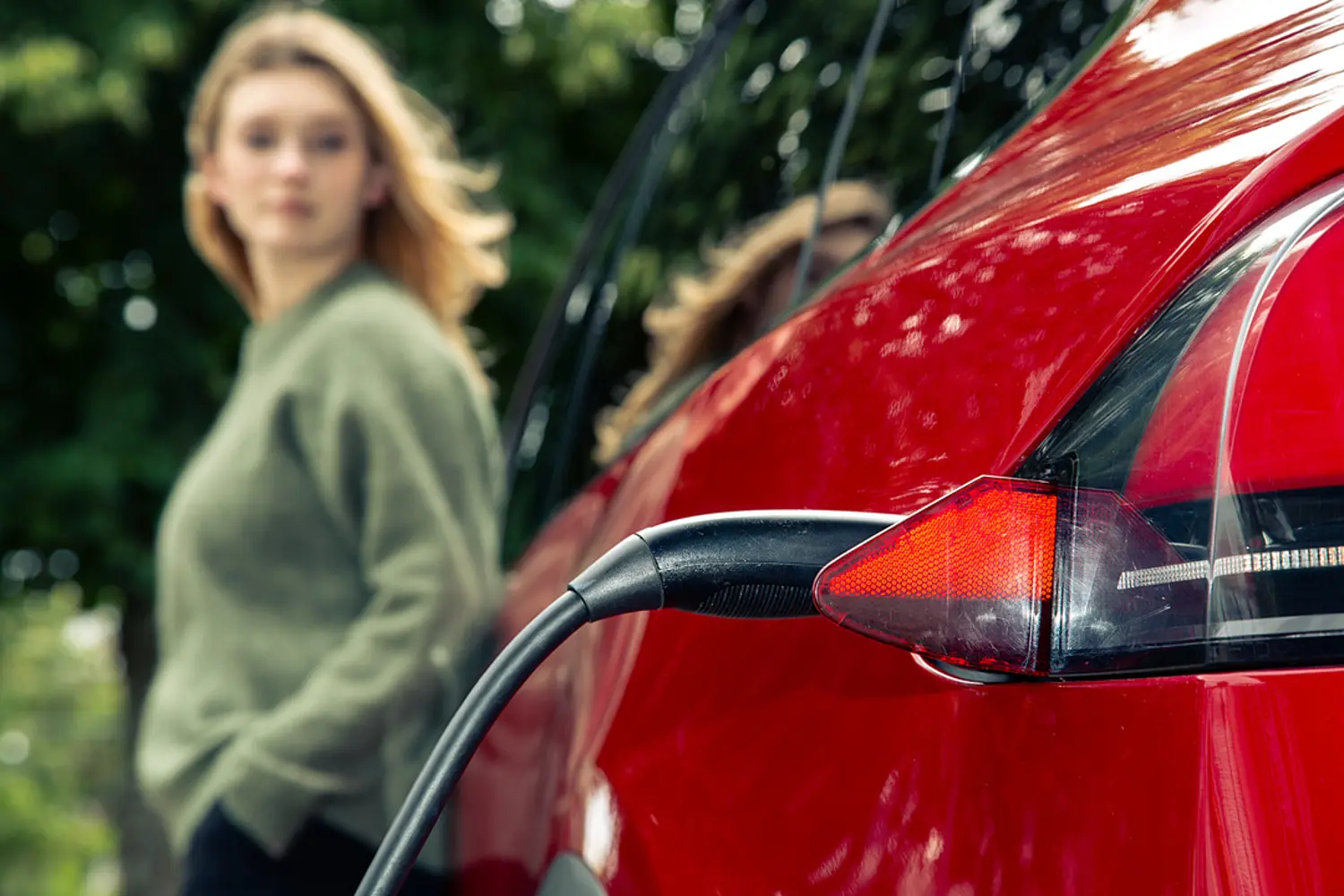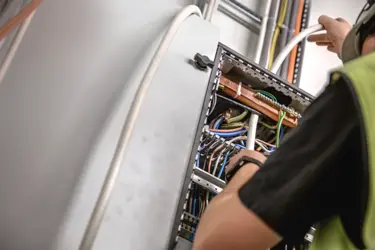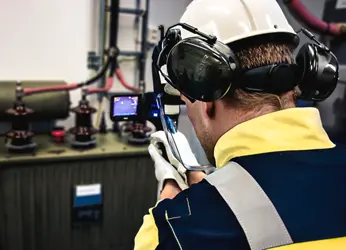Charging electric vehicles according to NEK 400: 2022
Learn what requirements apply to charging electric vehicles in commercial buildings and private facilities, so you can install charging systems safely and properly.




Contact us if you are interested in purchasing this classroom course, and we will do our best to help you!
Contact usThe goal
After completing the course, participants must be familiar with the requirements for charging electric vehicles in condominiums, housing cooperatives, public places, homes, cabins and commercial facilities.
The target group
Consulting engineers, caseworkers, electrical contractors, and electricians.
The topics covered
- The regulations for charging electric vehicles in accordance with FEL, NEK 400: 2022 7-722. *The course covers what is new, changed and expired in the relationship between NEK 400:2022 and NEK 400:2018.
- Electric vehicle charging definitions
- What are the requirements for charging electric vehicles (hybrid, electric car, electric bicycles etc.)?
- Use existing circuits for charging
- Maintenance
- Different protective level for RCCBs (type B or type A).
- How often should electrical control / periodic verification be executed in condominiums, housing cooperatives, industry, general facilities, and private facilities?
- How often should one do self-control in condominiums, housing cooperatives, industry, public and private facilities?
- The requirements for surge protection
- Marking and documentation
- Connection points
- Review of legal charging methods and what to use: Common plug, industry, type 2 or DC quick charge?
- Requirements for extension cords and transitions
- Location of charging stations in relation to hazardous areas (petrol stations).
- Important guidelines from DSB's publication and guidelines.
Technical information
Course manual
No, a course manual is not included for this course.
We take pride in delivering up-to-date courses at all times and never shy away from thinking innovatively in all fields. You and your employees will always be met by highly skilled instructors who have field experience and have faced the challenges firsthand. It is a goal that everyone gets the most out of the courses they attend. Therefore, we ensure that our instructors stay professionally updated through studies, training, and close collaboration with authorities and industry organizations. This creates an environment focused on learning and safety.
Every day, we also share our knowledge with up to 100,000 people in Trainor's professional forum. Here, professionals come to ask questions or read answers about all kinds of issues within electricity, automation, Ex, and regulations.
Go to the forumRelated courses
With the Trainor app, you can take eLearning courses directly from your mobile or tablet, even if you don't have coverage. The app is free, and you log in with the same username and password you usually use on trainor.no.



